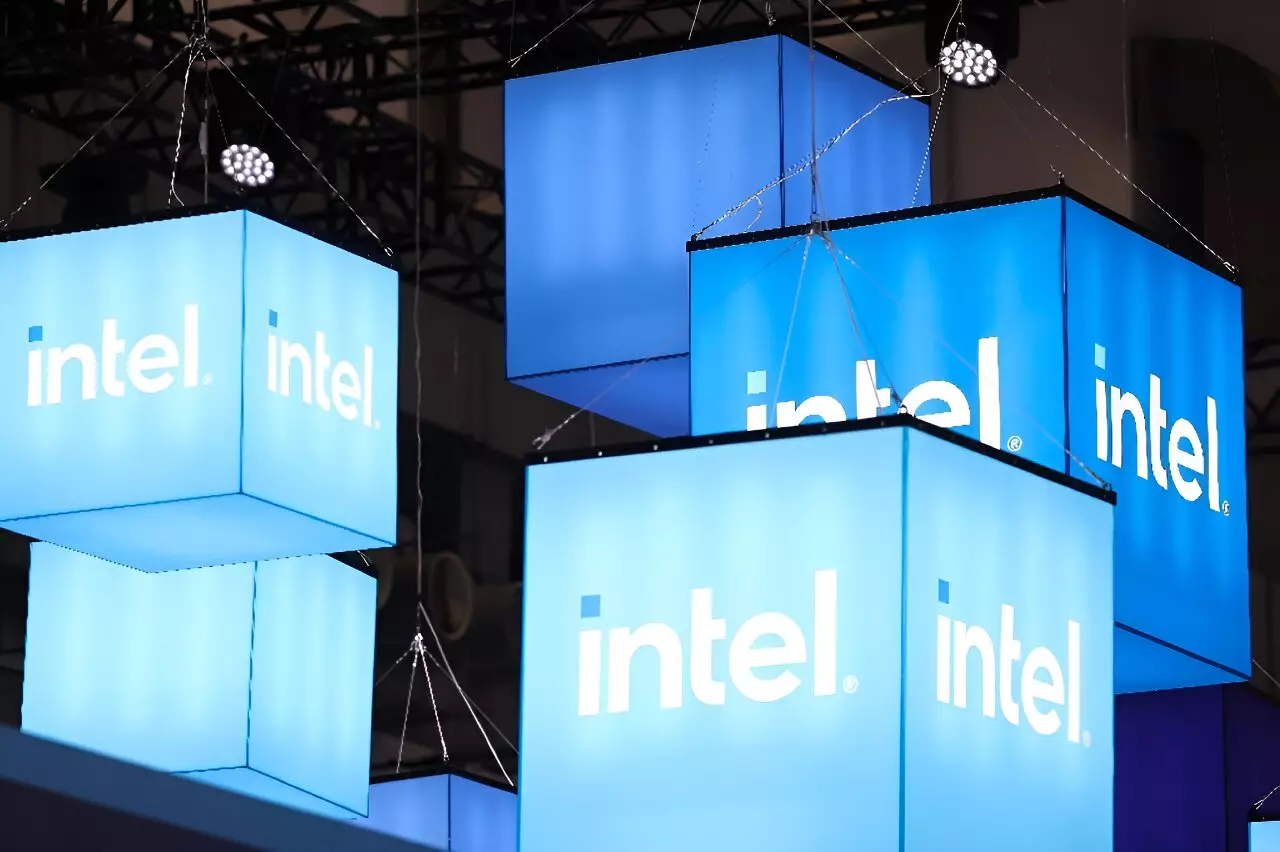In a surprising turn of events, Intel announced on Monday that it would postpone the construction of two significant semiconductor manufacturing plants in Germany and Poland. This decision comes as a result of an unexpected drop in demand for chips, which has taken a toll on the company’s expansion plans across Europe. The delays are not simply minor hiccups; they represent a substantial setback for the German and Polish governments, which heavily invested in these projects in hopes of revitalizing their respective economies and industrial capabilities.
The Consequences of Market Fluctuations
Intel’s retreat from its ambitious plans highlights the precarious nature of the semiconductor industry today. Originally, construction was slated to commence in 2023 in Germany, but inflation concerns fueled by the ongoing Ukraine war have hindered progress. Despite months of negotiations, which ultimately led to an agreement in June 2023 that increased the German subsidies to nearly €10 billion, market realities have forced Intel to reassess its commitments.
This retracement is indicative of a larger issue facing the semiconductor sector. The ongoing reliance on Asian manufacturing facilities has made companies like Intel vulnerable to global disruptions. The concerted efforts by European leaders to enhance local semiconductor production stand to be significantly impacted as Intel reschedules its investments.
The delays pose critical challenges for both Germany and Poland, who had envisioned these mega plants as a pathway to bolster their industrial landscapes. Poland had earmarked $1.8 billion in incentives to entice Intel to establish a factory near Wroclaw. Such a significant investment aimed to nurture local economies and create jobs, but now these plans face an uncertain future. The delayed timelines not only impact current economic projections but potentially set back technological advancements within the region.
Disappointingly, while Intel presses pause on its projects in Europe, it confirms its dedication to initiatives within the United States. The company emphasized its commitment to U.S.-based manufacturing, recently announcing plans to receive up to $3 billion in direct funding from the federal government. This funding is aimed at strengthening the domestic chip supply chain, particularly for military applications. Herein lies an intriguing juxtaposition: while America fortifies its technological base, Europe watches as its semiconductor ambitions stall.
Intel’s latest developments raise pressing questions about the long-term strategic positioning of semiconductor manufacturing in a post-pandemic world. As nations strive to reduce dependency on Asian production facilities, the interplay between market demands and geopolitical realities becomes increasingly complex. The company’s existing fab in Ireland is poised to be its lead manufacturing hub in Europe, indicating a potential shift in focus that prioritizes operational capacity over geographical expansion.
Ultimately, the decision to delay projects in Germany and Poland reflects not only Intel’s cautious approach in an unpredictable market but also a critical moment for Europe’s ambitions in semiconductor production. As economies grapple with these setbacks, the balance between local production and global market dynamics will remain tenuous. How effectively regions like Germany and Poland can pivot and attract alternative investments will profoundly influence their industrial futures in the coming years.


Leave a Reply